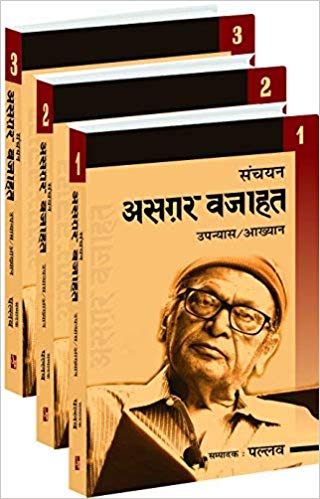Contraries lead to progression, so goes the old Blakean adage. Alongside the growth of science, technology and phenomenal strides made over centuries in intellectual thought process, revolutions, political coups, military wars and communal strife have played their part in reorienting notions of ‘progress’ and ‘welfare’. In a similar vein, dissent and questioning have long occupied a rightful place in any civil society, albeit in varying degrees and effect. In these times, while the world seems to be polarized into camps with extremist ideologies and myopic vested interests on one side, and long term sustainable development of the people and the entire ecosystem on the other, it has become an increasingly convenient position to sit on the fence and adopt a cynical, non-committal, told-you-so attitude. Everywhere, critical thinking and informed opinion-formation is facing an unprecedented onslaught of diffused herd mentality, which is being systematically programmed and fed into the masses by the few and exceptionally close-knit power centres across the world, functioning with eerily similar agenda. This is achieved primarily through the proliferation of communication technology thrown at the largely unsuspecting populace, who are also constantly engaging with deeper questions of survival in the face of unabashed capitalist overtures supported by those in power. Liberal arts and education centres are struggling to stay afloat across the world and the intelligentsia of every civil society seem to be forced on a back foot while fascist ideologies continue to reinvent themselves in newer, seemingly softer, more ‘acceptable’ avatars. In such a situation, it is the humble litterateur who carries the torch aloft, seeks to pass on the baton in any which way, representing those pushed to the margins, giving voice to the voiceless, revealing the dark underbelly, exposing hidden agendas, upholding the cause of reason, sanity and indeed, humanity, for the sake of the greater good. Syed Asghar Wajahat, just Asghar Wajahat to the literary world, is one such underrated, but extremely potent voice of fearless exploration of contested but enormously vital social territories.
A stalwart of Hindi literature, Asghar Wajahat (b-1946) dons several distinguished hats: he is a celebrated playwright, novelist, short story and travelogue writer with a number of critical pieces to his credit, an independent documentary filmmaker and a television scriptwriter, all rolled into one. Wajahat was awarded the Sangeet Natak Akademi Award and the Kendriya Hindi Sansthan Award by the President of India, both in 2014 among other prestigious recognition garnered over the years. Wajahat is known for his iconic play based on Partition titled Jis Lahore Nai Vekhya O Jamyai Nai (One who has not seen Lahore has not lived), which like Manto’s legendary ‘Toba Tek Singh’, explores the impact of Partition on the inhabitants of both the countries who have spent virtually lifetimes in their location when they are brutally awakened to the materiality of the Partition. Apart from this widely performed play, Inna ki Awaz (Inna’s voice), written under the shadow of the Emergency and based on the destruction of art and culture through politics of power; and Saat Aasmaan (Seven Skies), providing a rare glimpse into an undivided past are his two other works to have received critical acclaim. His works have been translated into several Indian and foreign languages, apart from being included as essential course readings in universities. Wajahat continues to write for several mainstream newspapers, magazines and academic journals.

